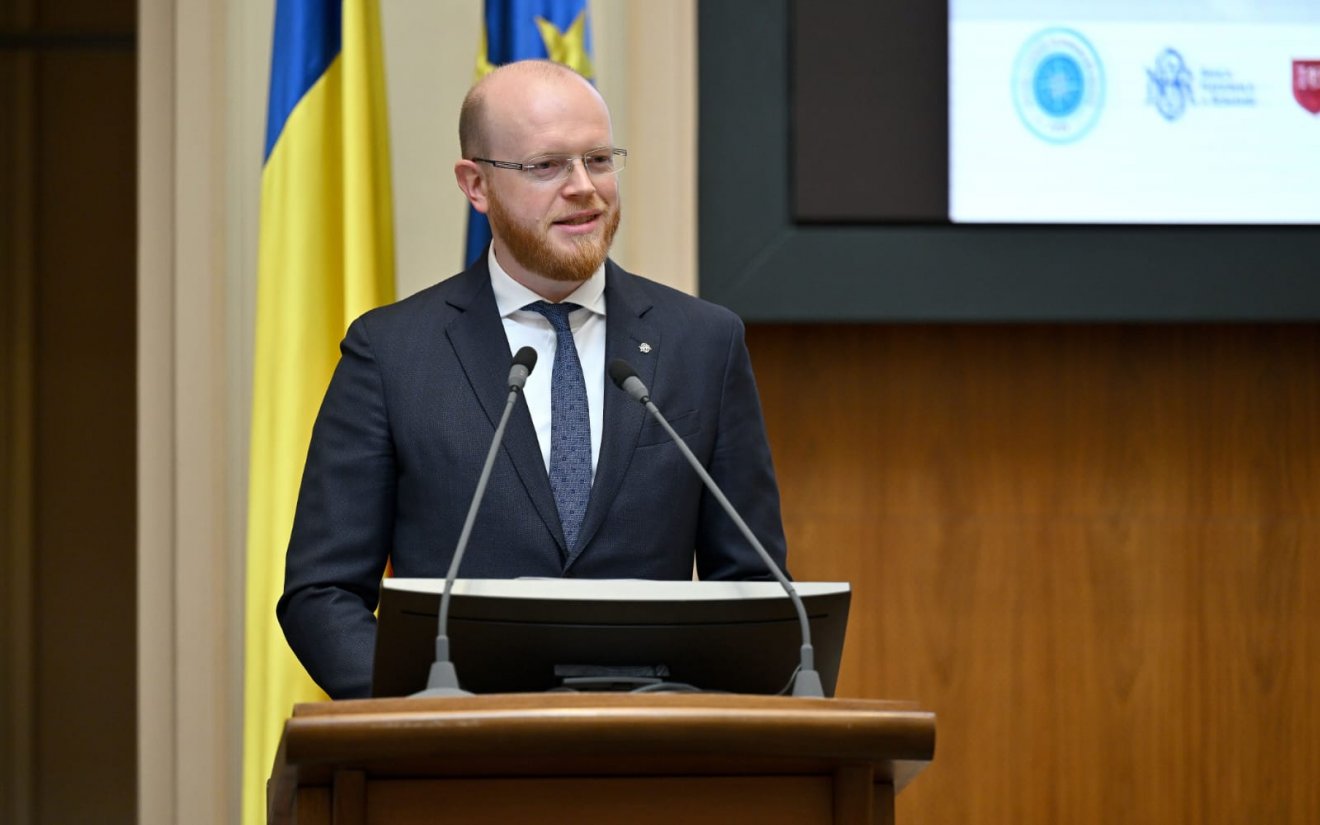
According to Csaba Bálint, there will not be a deep recession similar to 2008–2009 or 2020
Fotó: Román Nemzeti Bank
„The economic situation in Romania is currently so severe that the country is already standing at the doorstep of recession.” „Romania could already be in recession.” „Only a miracle could save us from recession.” These are just a few of the statements from experts we have encountered as of recent. Is recession really upon us? If so, what impact will it have on our everyday lives? – we asked Csaba Bálint, member of the Board of Directors of the National Bank of Romania (BNR), whom we also questioned about the expected short- and long-term effects of deficit-reducing measures.
2025. augusztus 28., 19:332025. augusztus 28., 19:33
„The Romanian economy is definitely in a difficult situation. But before we get into details, I think it’s worth pointing out that there are several types of recession” – replied the economic analyst to our first question. He reminded us that if we look at the literature, there is no universally accepted definition of recession. The so-called technical recession means that gross domestic product (GDP) decreases for two consecutive quarters; according to Csaba Bálint, this can be considered the very mildest form of recession.
„This is entirely in the cards,” the central bank expert explained. The silver lining, however, is that according to him, the probability of a true deep recession – one that would bring a longer-lasting economic downturn and a significant increase in unemployment, such as what we experienced during the 2008–2009 crisis or in the pandemic year of 2020 – is still very moderate. A technical recession, on the other hand, seems unavoidable in the coming period – and the reason is already well known: the ballooning budget deficit.
„If we truly want to develop, to catch up with our western neighbors, to approach the standard of living of Western Europe, the United States, or certain developed Asian countries, then that cannot be built on sand. Discipline is needed, a disciplined budget, and this has been sorely lacking in recent years.

– stated Csaba Bálint, pointing out the grim reality.

As of August 1, shoppers will have to dig deeper into their pockets – partly due to a 2–12% increase in the value-added tax (VAT), and partly due to the rise in excise duties.
And what this means for the state coffers, he illustrated in simplified terms as follows: If we look at last year’s GDP as 100 lei, then it can be said that 34 lei flowed into the budget from various sources, while 43 lei were spent. „If we look at a household’s finances, and 34 lei comes in, but 43 goes out, then it’s completely obvious that this is unsustainable. You cannot build long-term economic convergence and growth on such a budget. And the problems generated by the budget deficit spill over into many other areas as well,” explained the expert.
As an example, he first mentioned the deficit in the foreign trade balance. The reason, he explained, is that the state sector spends far more than its revenues allow. This doesn’t always stimulate imports directly, but it does so indirectly – at a time when Europe is going through a difficult period marked by the energy crisis, war, and other challenges. As a result, Romanian exports, which are largely directed toward Europe, cannot perform well.
„In the surrounding countries – Poland, Czechia, Hungary – we could see that the situation improved greatly, while in the eurozone the inflation problem has essentially been solved, with the 2 percent target achieved. But here in Romania, the slowdown of inflation has stalled, and this too can largely be traced back to the budgetary problem” – emphasized the analyst interviewed by Krónika.
Its amount has already reached 55 percent of GDP, and next year will probably be around 60 percent. “In a European comparison, this is not high – in fact it is below average – but its dynamics, its trend, are particularly worrying, and in a higher interest rate environment, the growing public debt places additional burdens on an already problematic budget.
– the economist stressed.


Those missing 6 lei must be found. A deep recession seems avoidable, but a technical one much less so
Fotó: Orbán Orsolya
He went on to emphasize once more: this budget deficit of around 9 percent must be reduced to around 3 percent. Using the earlier example, this means that from the 9 lei difference between the 43 lei in expenditures and 34 lei in revenues, the source for 6 lei must be gathered in order to reduce the deficit to a sustainable 3 percent.
One precursor of such a package was last year’s so-called omnibus ordinance, which was then followed by the first real package that came into force on August 1, with numerous tax increases, and in January further tax hikes will take effect. The governing coalition is currently working on the second package, which is already seeking solutions to cut expenditures – and for this very reason, according to Csaba Bálint, it will be much harder to push through than the previous one. And a third package can also be expected.
„For households, companies, and businesses, all this is a serious burden that will definitely leave its mark over the next 9–12 months. That’s how long it will take before the effects of the measures begin to show and the budget deficit figures start moving in a favorable direction” – projected the central bank official, who at the same time outlined a positive future scenario. „If we manage to get through this critical 9–12 month period, then I believe that – just as it happened in 2010–11 – a new cycle of economic growth could begin,” he concluded, drawing attention to the fact that the first positive effects are already starting to appear:

Tényleg nyakunkon a recesszió? Ha igen, milyen hatással lesz a mindennapjainkra? – tettük fel a kérdést Bálint Csabának, a Román Nemzeti Bank (BNR) igazgatótanácsa tagjának, akit a deficitcsökkentő intézkedések hatásairól is faggattunk.
At the same time, the question arises: what happens if the darkest scenario comes true, meaning political infighting turns into a political crisis, and the government cannot even push through the second package.
However, if there are delays and the measures stall, then indeed we could return to the very tense situation we were in just a few months ago – warned Csaba Bálint, who said it is not good to keep bringing up these default risks. “A very significant part of the measures has already taken place, they started on August 1, which is a very important step, strengthening confidence in Romania. Now, in the coming period, the focus must be on weathering this time with some form of social, political, and governmental cohesion, and then the results will be visible. So there is a way out of this situation” – the analyst underlined.
The VAT increase as well as the removal of the price cap on electricity are already being felt, and during the mentioned 9–12 month period many more measures are expected to hit Romanian wallets. „How painful will it be?” we asked Csaba Bálint.

– he replied, while also noting that since the economic downturn will not be as deep,
According to the member of the BNR Board of Directors, we will certainly feel the decline in purchasing power – some more, some less, but in any case with greater household financial resilience than in 2009. This, according to expectations, will inevitably result in a temporary drop in consumption. But there is some hope in the fact that – if all goes well – from the middle of next year the situation is expected to genuinely start improving.
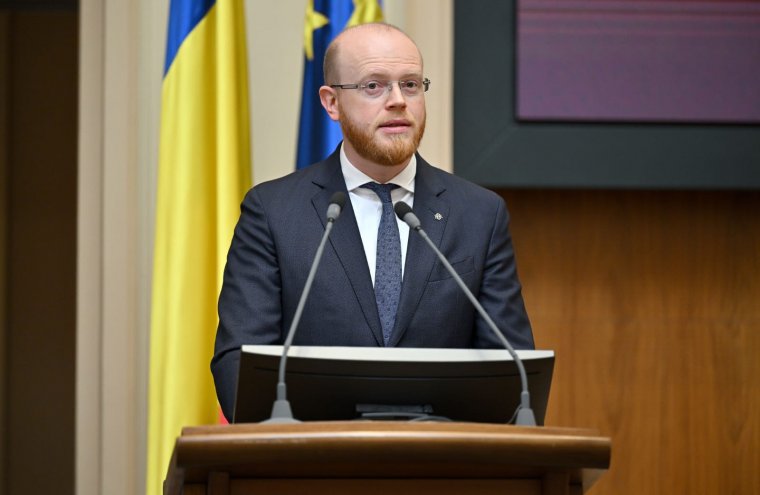
„Although it was anticipated that this year’s ‘super-election year’ would witness unprecedented spending due to continuous campaign giveaways, the Bucharest government has spent even more than expected. As a result, the budget deficit, which was high to begin with, is expected to rise to around 8%,” said Csaba Bálint, a returning member of the Board of Directors of the National Bank of Romania (BNR), in an interview with Krónika.
As of August 1, shoppers will have to dig deeper into their pockets – partly due to a 2–12% increase in the value-added tax (VAT), and partly due to the rise in excise duties.
“I would like to speak with Romania’s new president as soon and as extensively as possible, because we have shared issues within the European Union, and the interests of Romanians and Hungarians often align," Prime Minister Viktor Orbán told Krónika.
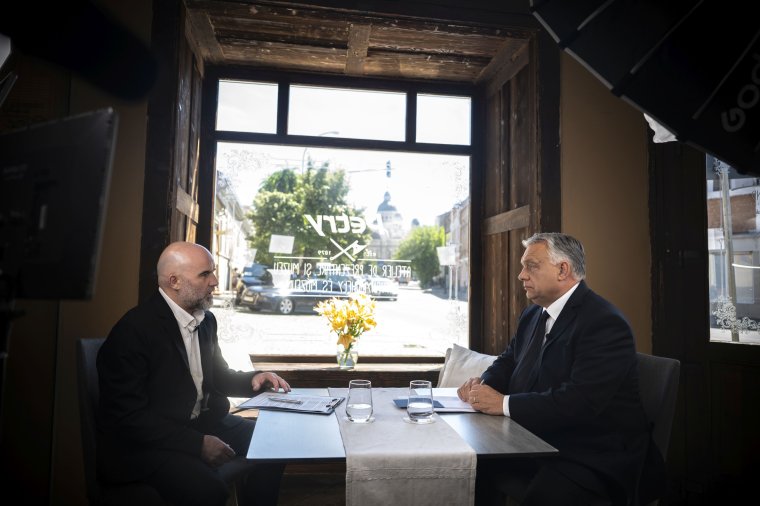
Although Romania is in urgent need of major adjustments given its struggling financial situation, the four-party coalition was only just formed following the presidential election in May.
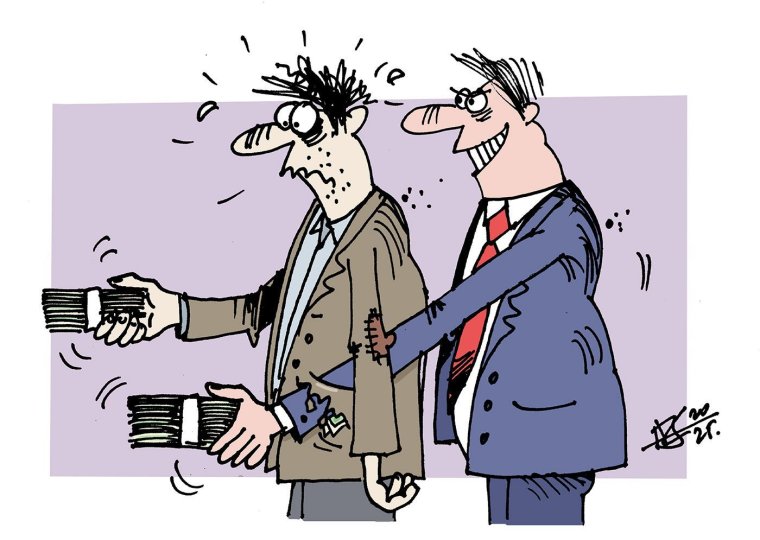
Desperate, silent people, hopelessness, and the authorities’ secrecy characterize the situation in Parajd (Praid) following the salt mine tragedy.
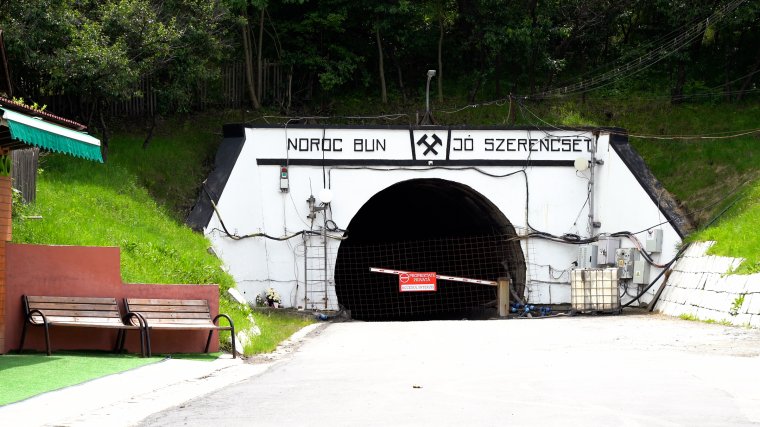
Romania has lost the most residents over the past 20 years among the EU member states according to the „Demography of Europe – 2025 edition” research by the Eurostat statistical office.

I would like to share a personal story from 1986 that I have never told before. I had just finished my first year studying physics at university.
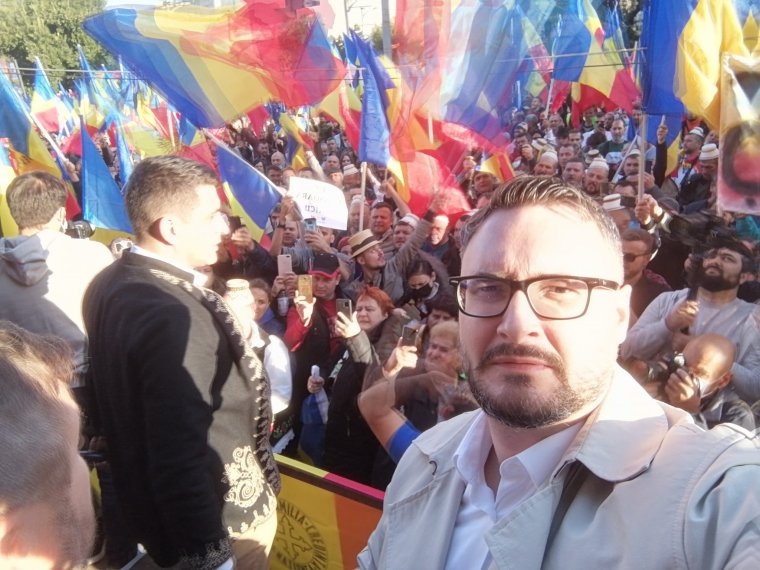
While Sunday’s first-round results of Romania’s presidential election were not entirely unexpected, the outcome delivered a political shock of historic proportions.

Pope Francis, who passed away on Easter Monday at the age of 88, left behind an exceptional legacy. Papal Prelate József Marton spoke to Krónika about the Pope’s role in the history of the Catholic Church and his visit to Csíksomlyó.
It took Emil Boc a long time to recover from the punch in the face that shattered the smiling cityscape posing as the poster child of multiculturalism.
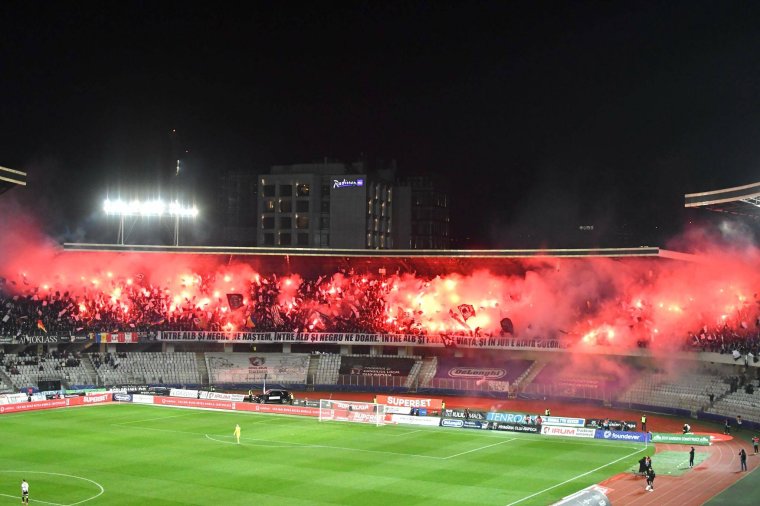
Monday night's match between the Cluj-Napoca Universitatea (“U”) and CFR football teams ended in a street fight.

szóljon hozzá!